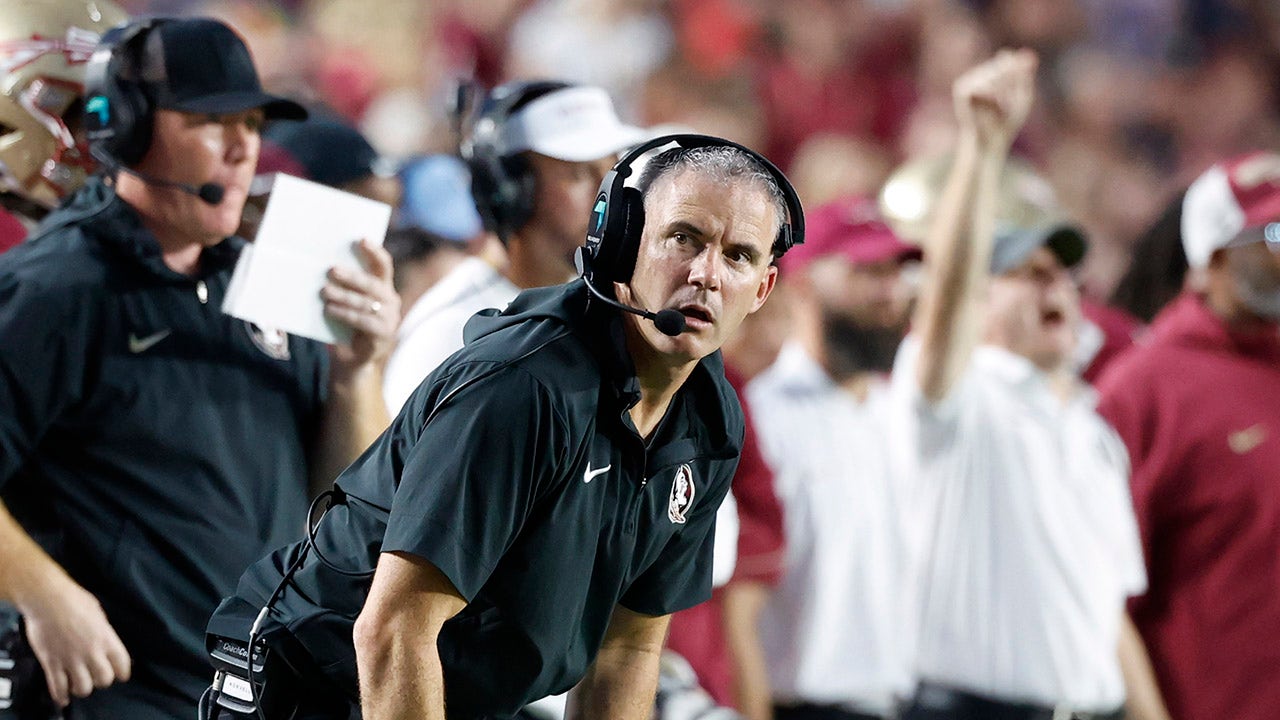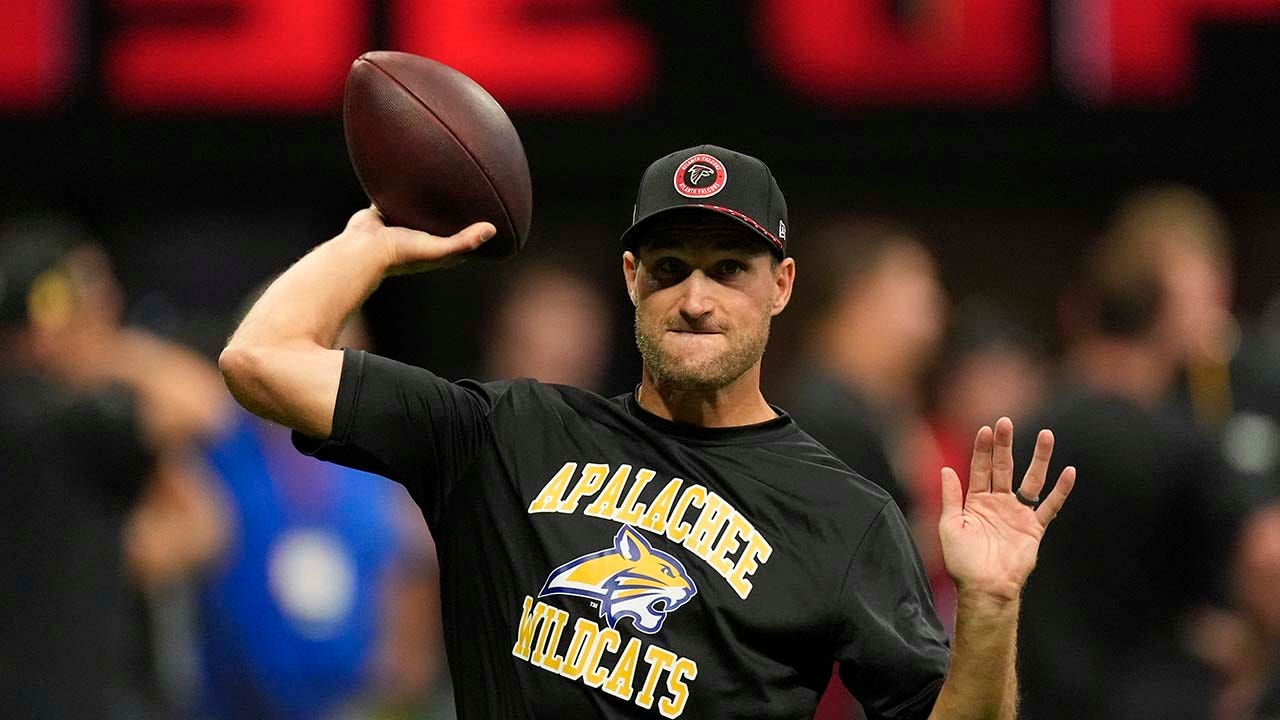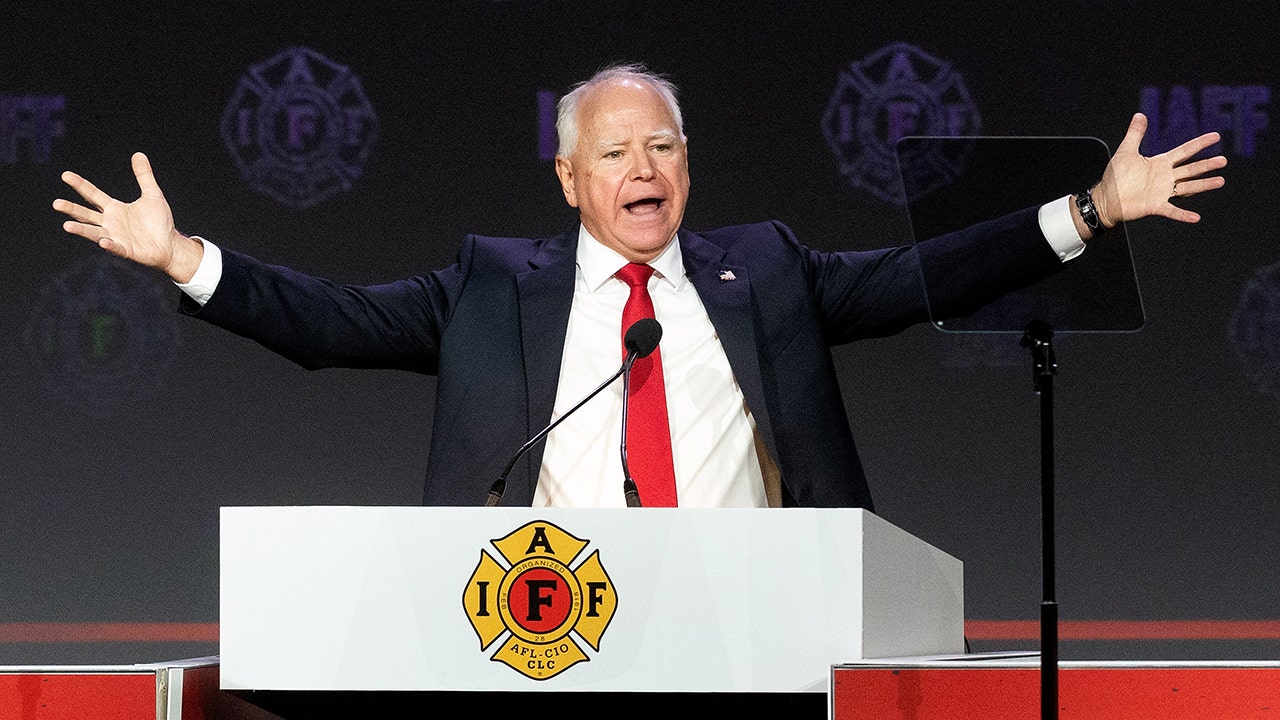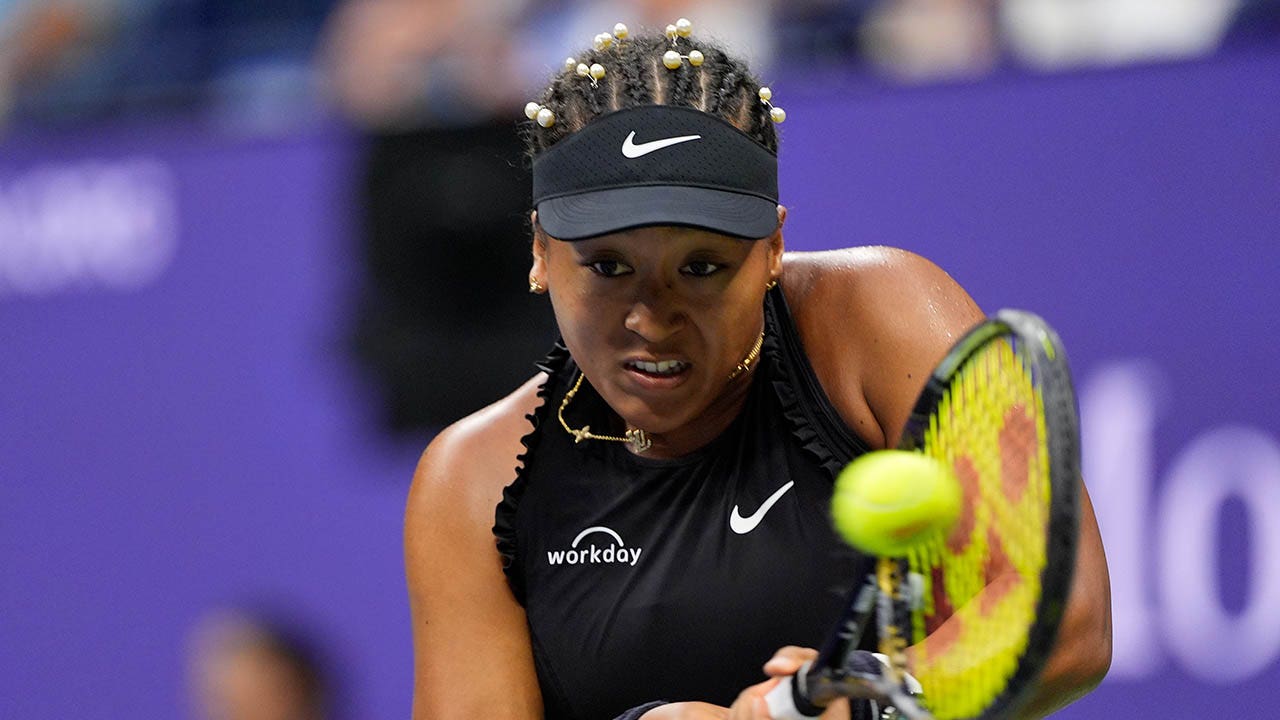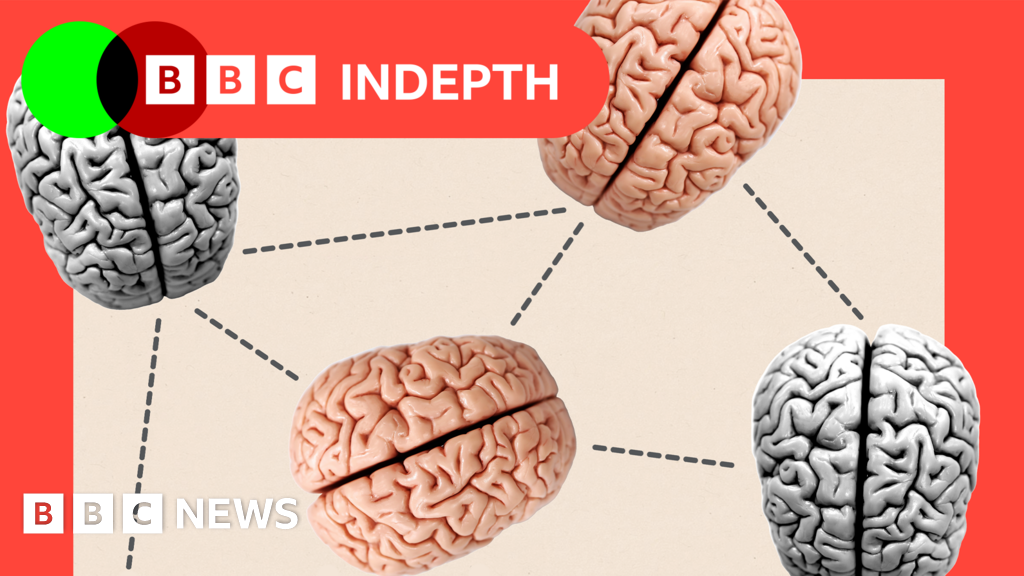Though sweeping in its impact, the ADA was no magic wand — issues of opportunity and access continue to create steeper inclines for those with disabilities to surmount. This is especially so in the realm of classical music, where obstacles for disabled musicians remain profound, pronounced and seldom confronted.
A weekend of anniversary programs at the Kennedy Center aims to address the complicated intersection of classical music and disability by putting the talents of disabled musicians center stage. On the morning of July 26, the Library of Congress’s National Library Service for the Blind and Print Disabled will give a presentation on music resources and adaptive technology for blind and low vision musicians at the Reach. And that evening, violinist Adrian Anantawan will offer a Millennium Stage recital in celebration of the ADA’s anniversary.
The highlight of the weekend will be a July 27 evening concert presented by the Kennedy Center’s Office of Accessibility and VSA (formerly Very Special Arts), honoring and showcasing the four recipients of the 2024 Access/VSA International Young Musicians Award: violinist Julia LaGrand, vocalist and guitarist Téa Ning LaFleur, pianist Cheuk Him “Anson” Tang, and ukulele player Kapono Wong.
The four musicians will participate in this year’s VSA International Young Musicians Program. Open to U.S. and international musicians from the ages of 14 to 25, the program grants awards of $2,000 as well as performance and professional development opportunities at the Kennedy Center.
And while the program attracts many young classical musicians, it remains open to musicians across every genre. “We’ve had jazz, gospel, world music, bluegrass, barbershop quartet and more represented in the program’s 40-year history,” VSA programmer Wynsor Taylor said in an email.
Anantawan, a violinist who was born with a limb difference and uses an adaptive bow, is a 2002 alum of the VSA program and serves as a program mentor. He considers his experience over 20 years ago a major steppingstone in a wide-ranging career as a performer and educator, introducing him to a more vast ecosystem of disabled musicians than he had ever imagined existed, and encouraging him to see his own place in classical music — specifically, its tradition of disruption.
“When we think about great leaps forward in classical music in particular, they happen because someone thought about something in a wholly unique and different way,” he said in a Zoom interview. “These are things we now choose to preserve as artifacts of pristine beauty, when at the time, they were aspects of risk and change. It’s very emblematic of the disability experience as it relates to classical music because it’s all about adaptation.”
LaGrand, 20, is a violinist and disability rights advocate from Grand Rapids, Mich., completing her freshman year at New England Conservatory and preparing to embark on a dual program at Harvard University. The younger sister of a professional musician, she was motivated early to pick up an instrument and quickly fell for the violin.
“Growing up, I was always aware of my blindness to some extent,” she said in a Zoom conversation, “but it didn’t really feel like a challenge to me musically. It wasn’t until high school that I became much more aware of sort of disability in general and how disability is viewed by other people. That really changed how I think about what I want to do with my music.”
As a high school sophomore during the height of the covid-19 pandemic, LaGrand started searching out spaces where her needs as a musician could be addressed and accommodated, as well as developing her ability to speak about those needs and have them met. Her advocacy work has centered on not just the needs of disabled musicians, but also the perceptions surrounding them.
“I think there are kind of two distinct questions of perception,” she said. “Generally there tends to be not a ton of information about the capacities of disabled people. I think understanding disabled people as competent is so crucial. I’ve interacted with people in the course of my studies who, to varying degrees, have expressed concern that my disability would stop me from being able to have a fulfilling career in classical music. A non-disabled person might not understand exactly how a blind person navigates certain systems, but it’s important for them to understand that they do.”
In LaGrand’s case, her navigation of violin repertoire has involved a mix of her own notation, Braille music, computerized reading systems and learning by ear.
“The second question of perception is how we do classical music,” LaGrand said. “And for me, I think one thing that strikes me very frequently is the supremacy of visual notation. I have a lot of ways of accessing notation, but so often people either don’t understand this way or fundamentally believe that there are things in music notation that I’m missing, or that my way of accessing notation is not sufficient to put me on par with my peers. That’s a difficult perception to unravel — it has less to do with what I’m capable of as a disabled person and more to do with how they view classical music as essentially tied to visual notation.”
Tang, a 26-year-old pianist from London by way of Hong Kong, has used a wheelchair since childhood. By age 4, he had taken to playing the family piano; by age 6, he was taking formal lessons; and by age 8, his instructor at school had helped craft him an adaptive foot pedal — one he still uses in performance today.
After earning a prestigious scholarship in 2014 from Arts With the Disabled Association Hong Kong, Tang pursued studies with Alan Chu, principal keyboard of the Hong Kong Sinfonietta. He is completing a degree in London at the Royal College of Music, where he is the first wheelchair user to join the school’s keyboard faculty.
“There aren’t many opportunities for disabled musicians to show off,” he said. “At many music festivals, there’s not enough accessibility. So I think this program is very important. We can learn more, but also we have a platform to showcase our talents and change our audience’s perceptions.”
By all accounts, increasing access and opportunities for disabled musicians invariably helps open concert hall doors to new audiences.
“Somehow the narrative of virtuosity and perfection [in classical music] has got to include a degree of vulnerability,” Anantawan said. “Understanding that we’re not perfect can allow us to not only create access into classical music, but help our stories resonate with more people — who are also not perfect.”
2024 Access/VSA International Young Musicians Award Winners in Concert, July 27 at 6 p.m. at the Kennedy Center Millennium Stage. kennedy-center.org











